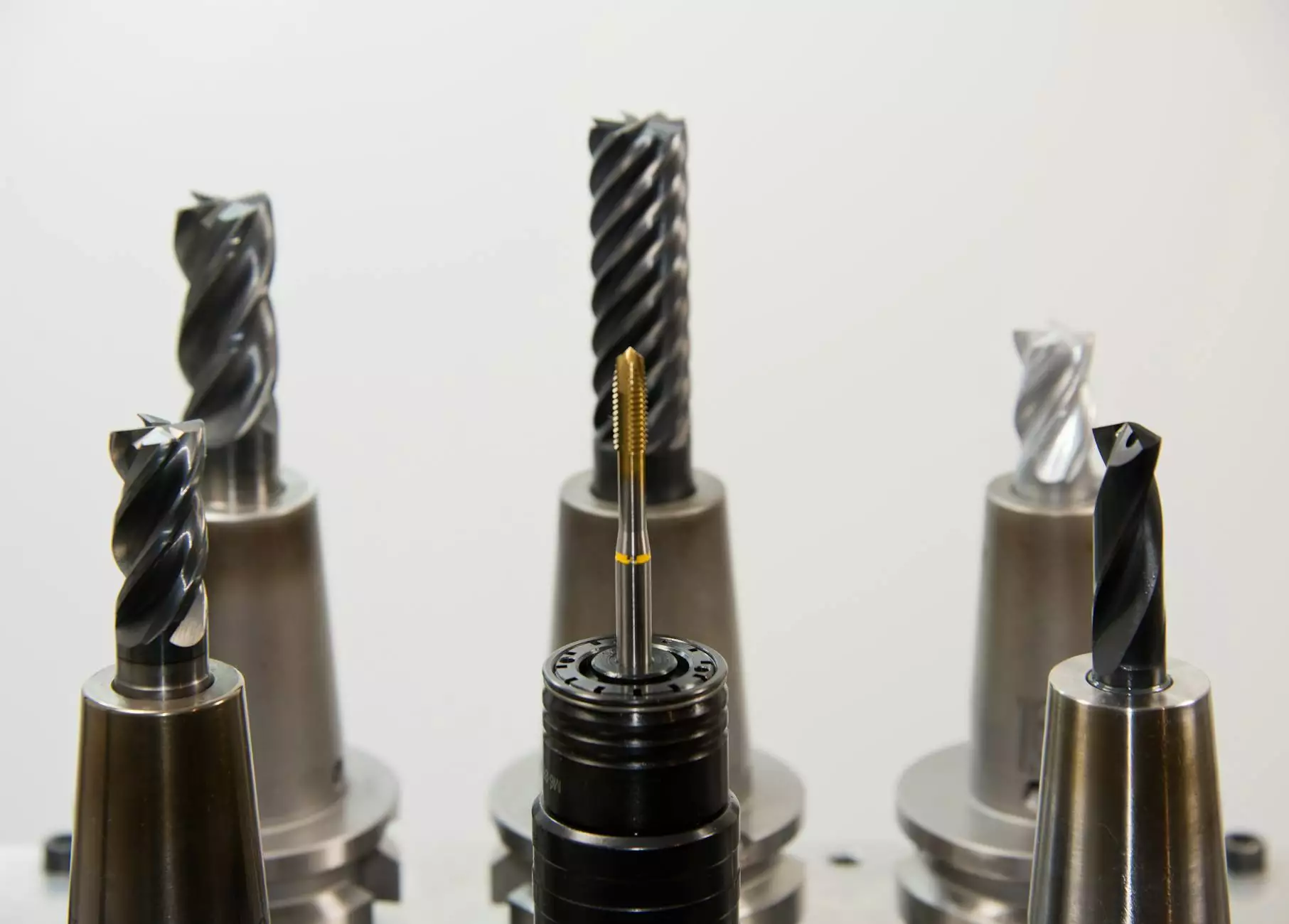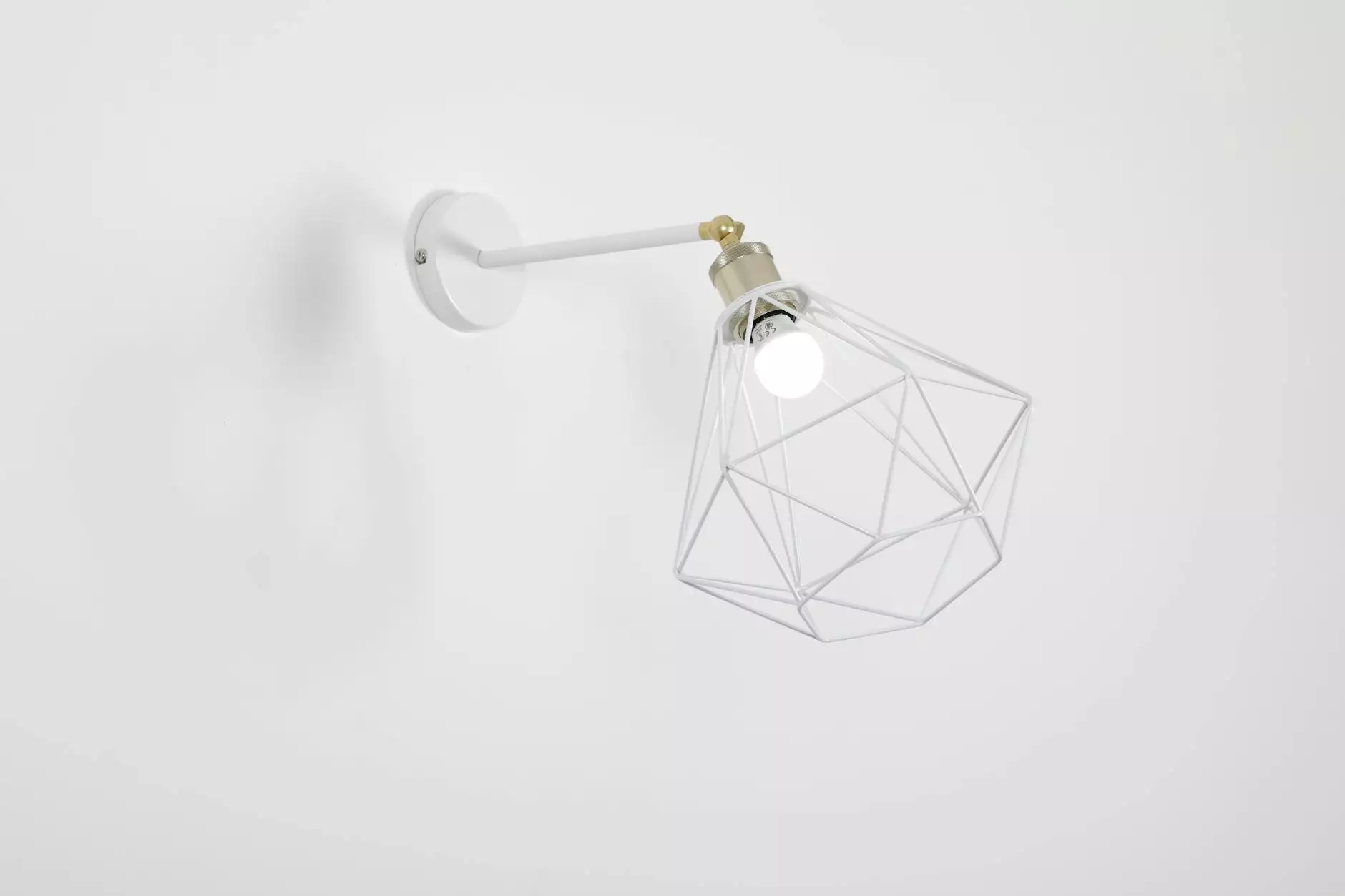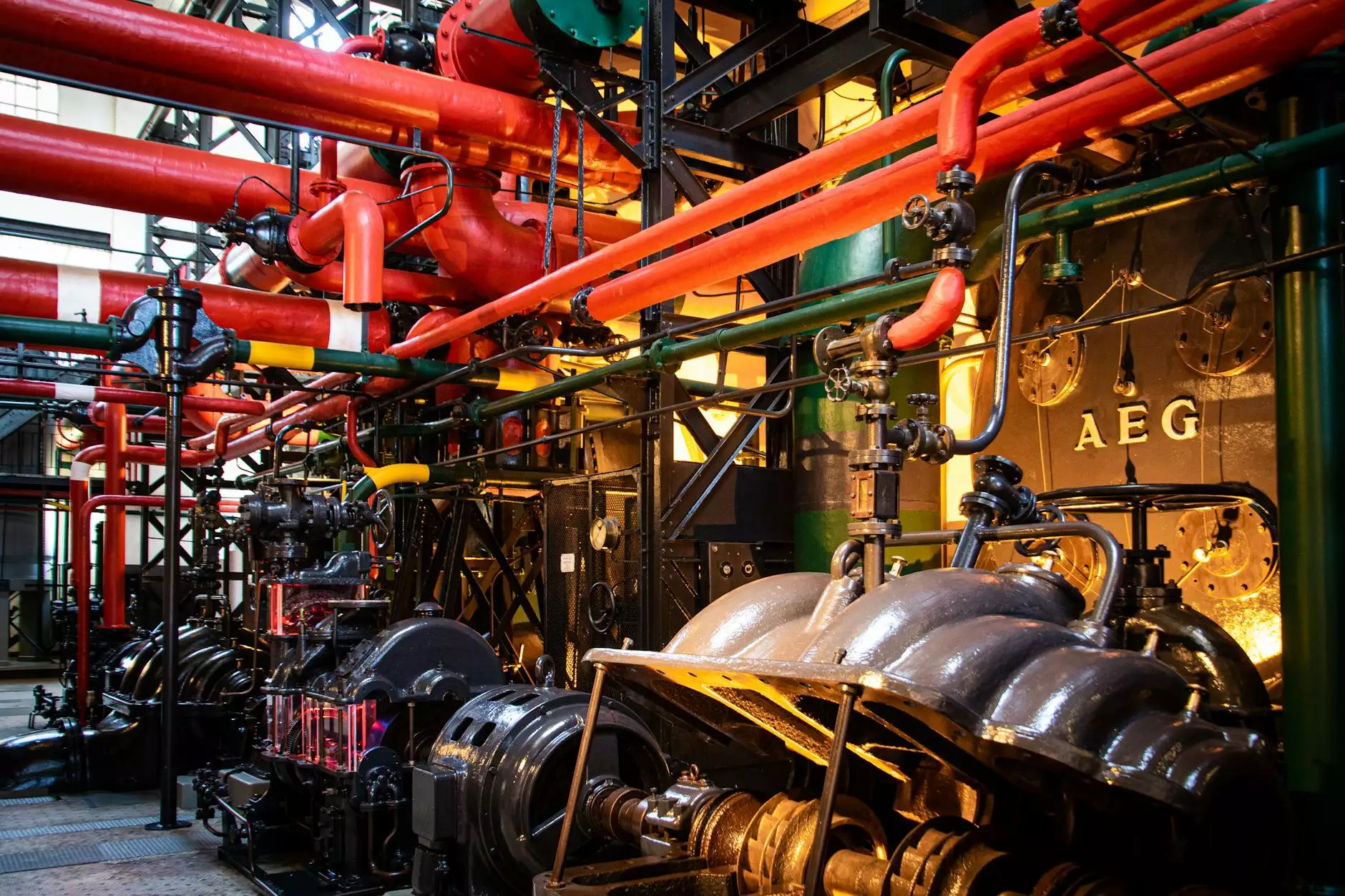Understanding Commercial Water Treatment Equipment

In today's rapidly growing industrial landscape, the demand for efficient, reliable, and sustainable commercial water treatment equipment has never been higher. As businesses strive to meet regulatory standards and environmental considerations, understanding the intricacies of water purification becomes crucial. This article will delve into the various aspects of commercial water treatment equipment and the essential services associated with it.
The Importance of Water Purification Services
Water purification is a critical process that involves removing undesirable chemicals, biological contaminants, suspended solids, and gases from water. The significance of water purification services cannot be overstated, especially in industrial and commercial applications. Here are some key reasons why these services are vital:
- Health and Safety: Clean and safe water is essential for human consumption and industrial processes. Contaminated water can lead to serious health risks.
- Regulatory Compliance: Many industries are required to adhere to strict regulations concerning water safety. Compliance can prevent legal problems and financial penalties.
- Protecting Equipment: Using purified water in industrial processes helps in protecting equipment from corrosion, scaling, and other damaging effects of impurities.
- Environmental Responsibility: Efficient water treatment helps in conserving water resources and reduces environmental pollution.
- Operational Efficiency: Improved water quality contributes to better performance and efficiency in manufacturing processes.
Types of Commercial Water Treatment Equipment
Commercial water treatment equipment encompasses various technologies designed to meet different purification needs. Below is a detailed overview of the different types of equipment available:
1. Reverse Osmosis Systems
Reverse osmosis (RO) is one of the most effective water purification methods. It uses a semipermeable membrane to remove up to 99% of contaminants, including sediments, salts, and microorganisms. RO systems are widely used in various industries, including food and beverage, pharmaceuticals, and electronics, due to their high effectiveness.
2. Ultraviolet (UV) Water Treatment
Ultraviolet water treatment systems utilize UV light to disinfect water, eliminating bacteria, viruses, and other pathogens. This process is chemical-free and leaves no residual contaminants, making it ideal for applications where chemical treatment is undesirable.
3. Filtration Systems
Filtration systems include various methods such as activated carbon filters, sand filters, and cartridge filters. These systems are crucial for removing particulate matter and improving water taste and odor. Each type of filter caters to specific needs, from household use to large-scale industrial applications.
4. Water Softeners
Water softeners are used to eliminate hard minerals like calcium and magnesium that can cause scaling in pipes and equipment. By replacing these minerals with sodium ions, softeners significantly improve the lifespan of plumbing and appliance systems.
5. Chemical Treatment Systems
Chemical treatment systems involve adding specific chemicals to water to neutralize contaminants. This method is often used for applications requiring precise control over water chemistry, such as in cooling towers and boiler systems.
Choosing the Right Water Treatment Equipment
Selecting the right commercial water treatment equipment requires careful consideration of various factors:
- Water Quality Needs: Conduct a thorough analysis of the water quality to determine existing contaminants and required treatments.
- Volume Requirements: Assess the daily water capacity needed for your business to select equipment size and efficiency.
- Regulatory Standards: Ensure that the chosen solution meets local environmental regulations and industry standards.
- Cost Considerations: Evaluate both initial investment and long-term operational costs, including maintenance and energy usage.
- Supplier Reputation: Choose a reputable supplier with a history of quality service and support, such as Bimak Kimya.
Maintenance of Commercial Water Treatment Equipment
Regular maintenance of commercial water treatment equipment is essential to ensure optimal performance and longevity. Here are some maintenance tips to consider:
- Routine Inspections: Conduct routine checks to identify any signs of wear and tear, leaks, or operational issues.
- Replace Filters and Membranes: Follow manufacturer's guidelines for replacing filters and membranes to maintain water quality.
- Monitor Water Quality: Regularly test the treated water to ensure that the equipment is functioning correctly and meeting quality standards.
- Professional Servicing: Engage professional services for comprehensive maintenance at least once a year.
Benefits of Investing in Commercial Water Treatment Equipment
Investing in high-quality commercial water treatment equipment provides numerous advantages for businesses:
1. Cost Savings
While the initial investment can be significant, effective water treatment systems can reduce costs associated with water waste, energy consumption, and equipment repair.
2. Enhanced Product Quality
Using purified water leads to the production of higher quality products, which can improve customer satisfaction and brand loyalty.
3. Environmental Sustainability
Effective water treatment reduces the environmental impact of industrial operations, helping companies become leaders in corporate responsibility.
4. Increased Compliance
Reliable water treatment systems help companies adhere to regulations, avoiding potential fines and legal issues.
Case Studies: Successful Implementation of Water Treatment Solutions
Exploring successful case studies can provide valuable insights into how businesses have benefited from commercial water treatment systems. Here are a few examples:
Case Study 1: Beverage Industry
A major beverage manufacturer faced challenges with water quality affecting its production. By implementing a reverse osmosis system, they improved water quality and reduced costs associated with maintenance and spoilage. This investment not only saved money but also enhanced their brand reputation.
Case Study 2: Pharmaceutical Company
A pharmaceutical company required ultra-pure water for its manufacturing processes. They chose a combination of UV treatment and reverse osmosis, ensuring compliance with regulatory standards. This solution significantly improved production efficiency and product safety.
Conclusion
In conclusion, the significance of commercial water treatment equipment in various industries cannot be overstated. From ensuring health and safety to enhancing product quality, the benefits are substantial. As businesses continue to prioritize sustainability and compliance, reliable water treatment solutions will play a vital role in their success. By partnering with experienced suppliers like Bimak Kimya, companies can access cutting-edge technologies and expertise to meet their water treatment needs.
Investing in water treatment is not just a regulatory requirement; it's an opportunity for innovation, efficiency, and leadership in sustainability. Embrace the future of water purification and invest in the right equipment today!









